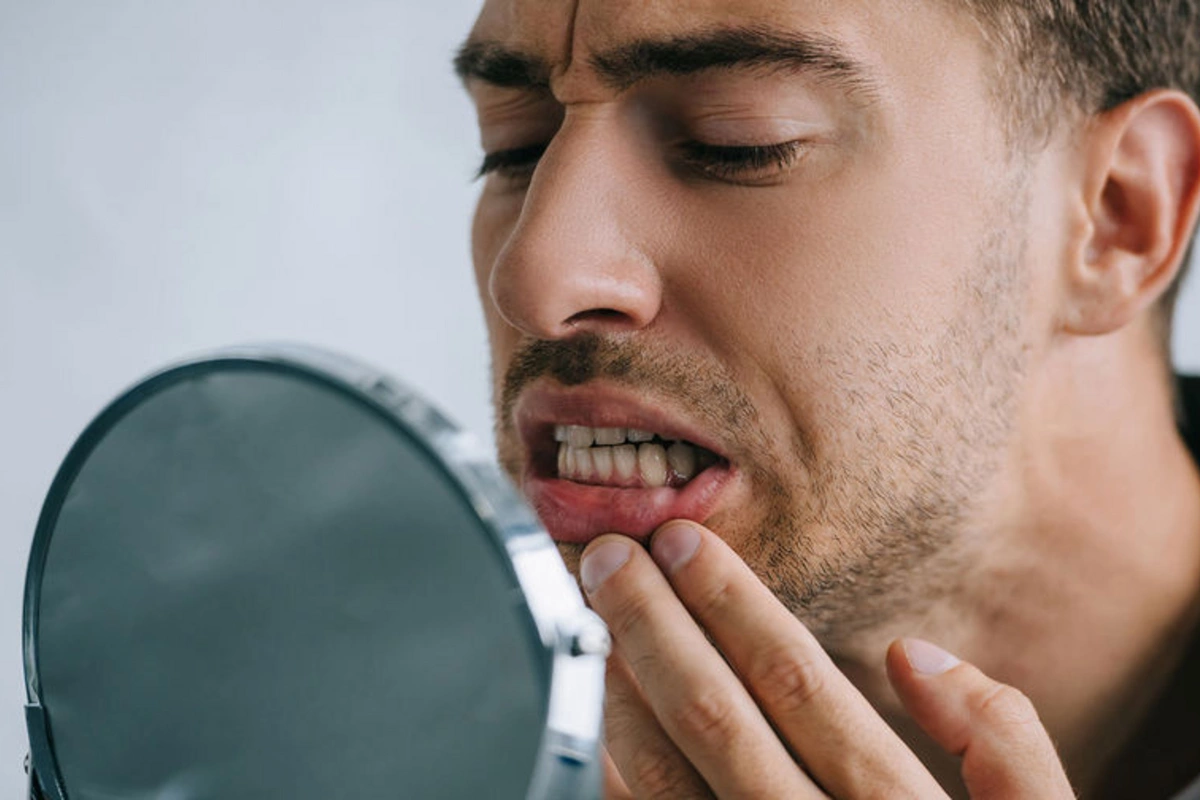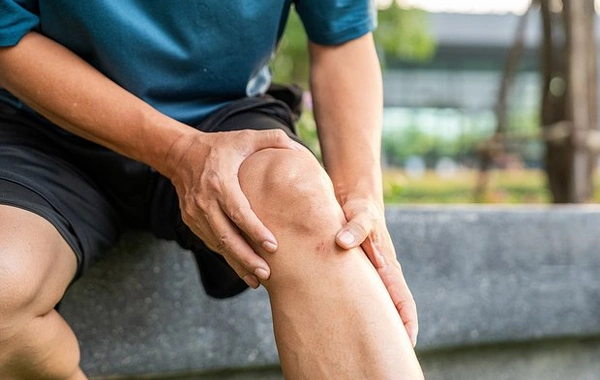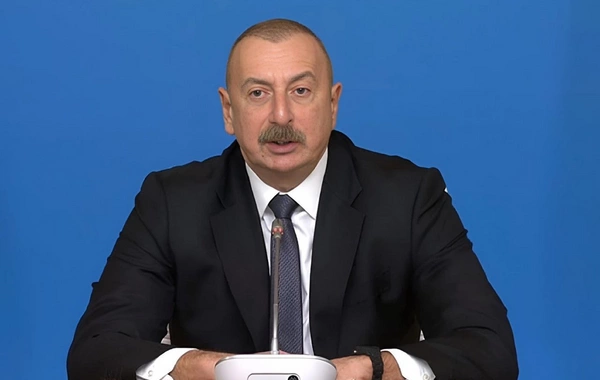Named non-obvious cause of microcracks in teeth

In winter, the sensitivity of tooth enamel increases and the risk of micro-damage rises. This was reported by British dentist Raja Juneji in an interview with HuffPost, according to BAKU.WS.
According to the specialist, cold weather has a non-obvious but noticeable negative effect on teeth. One of the main reasons is the constant temperature change. When a person leaves a warm room to go outside, teeth are subjected to sudden cooling, and then heating if, for example, they drink hot coffee.
"Such a series of temperature contrasts leads to tooth enamel slightly expanding and contracting. Over time, this can cause microcracks or even damage old fillings," noted Juneji.
Additionally, in winter, many people experience reduced saliva production, especially in below-freezing temperatures. This causes a dry feeling in the mouth and creates favorable conditions for bacteria to multiply. The dentist reminded that saliva performs a protective function - it neutralizes acids and cleans the oral cavity of food residue. When there isn't enough, the risk of bad breath and tooth damage significantly increases.
The doctor advises taking extra care with oral hygiene during cold weather, avoiding sharp temperature changes, and using toothpastes for sensitive teeth to protect the enamel from damage.
Similar News
Russian doctor warned about a hidden sign of arthritis
Mild pain in the knees, elbows, or fingers that appears during the cold season may be an early sign of arthritis. This was stated by Russian arthrologist Natali...




 Azərbaycanca
Azərbaycanca  По-русски
По-русски  English
English 





